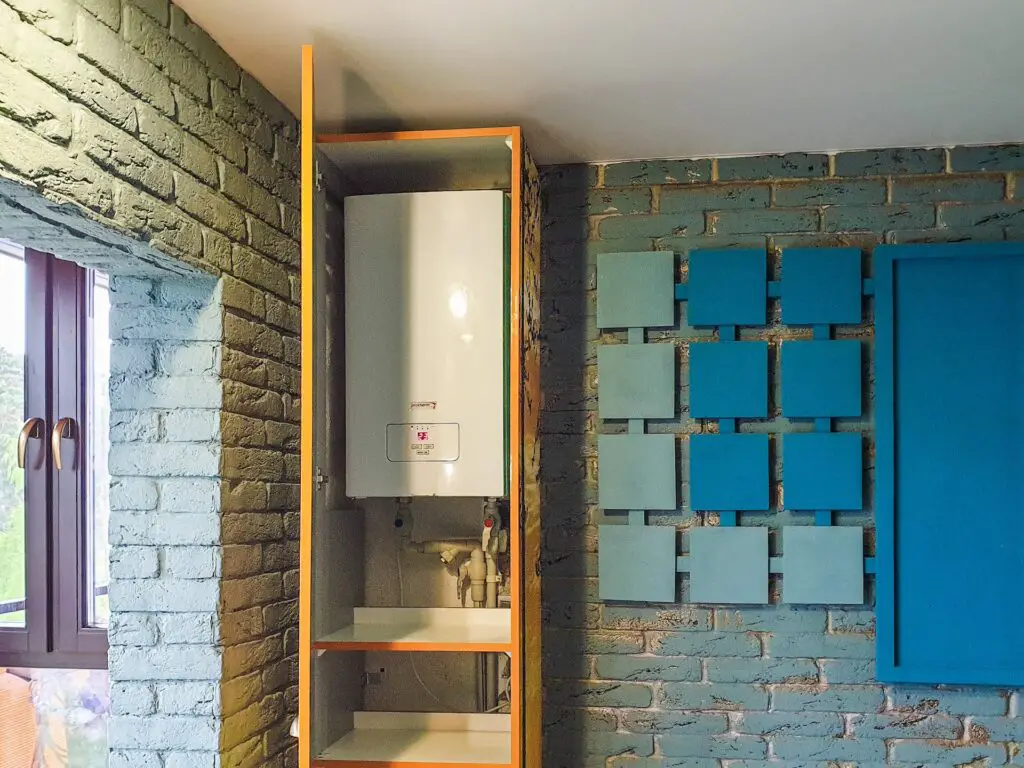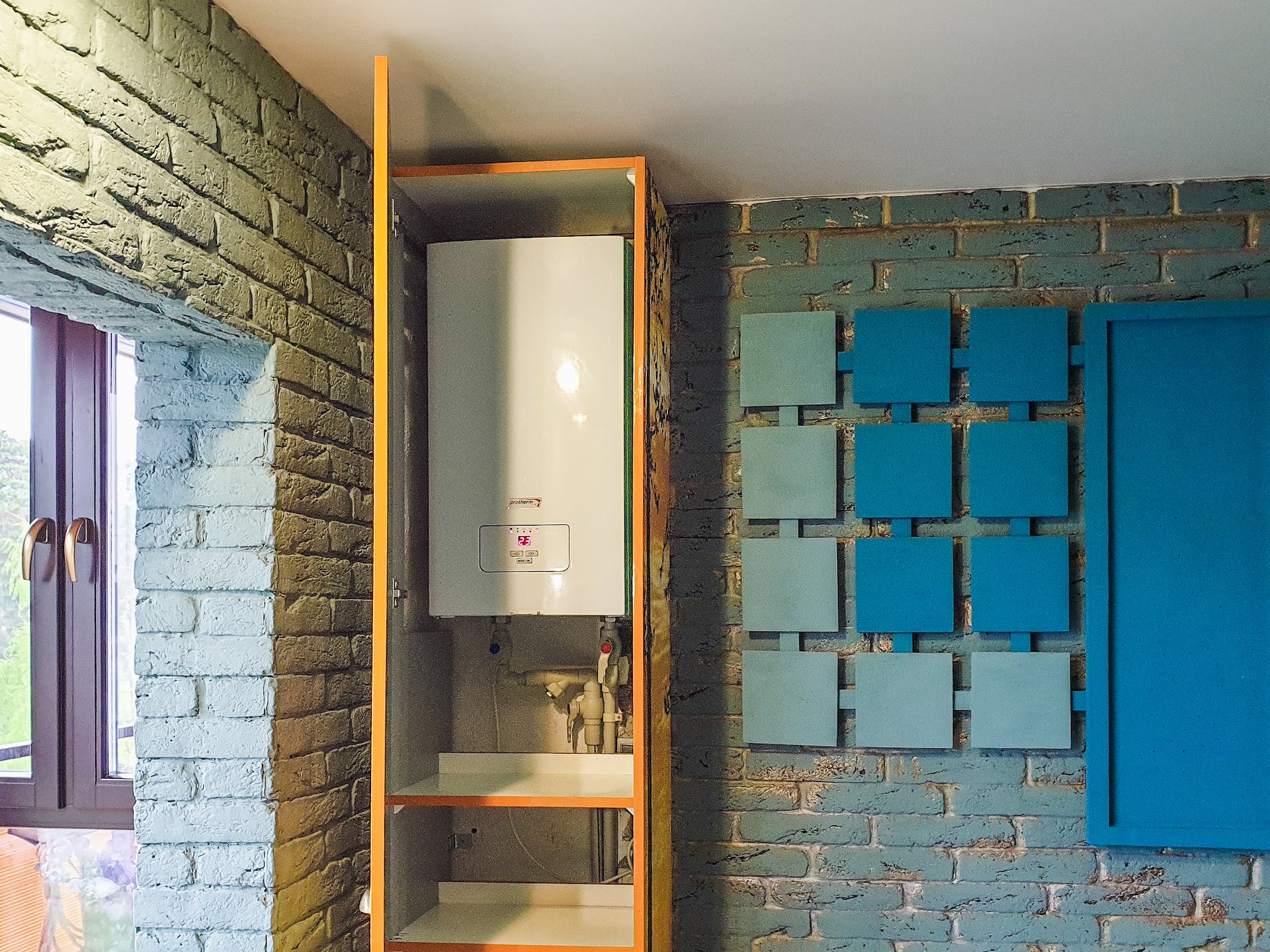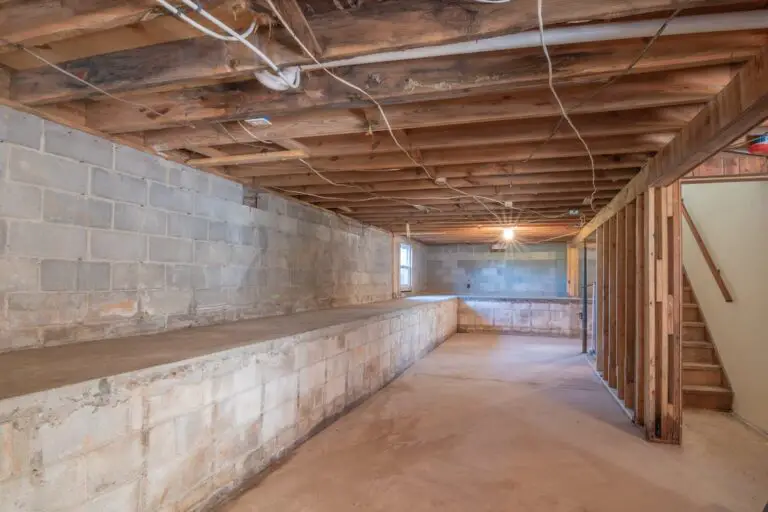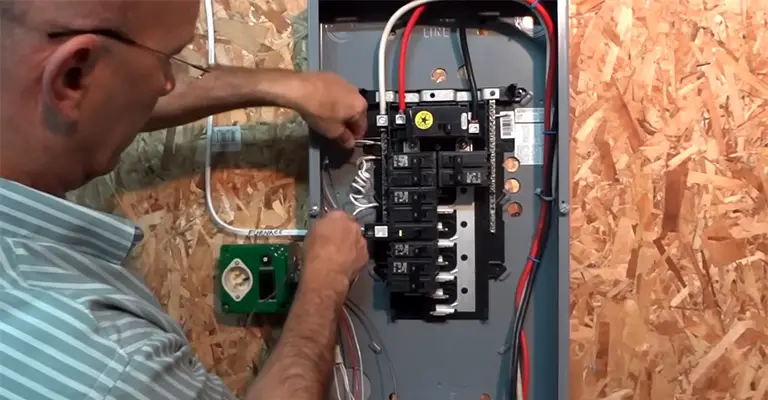Tankless Water Heater Installation Cost

Tankless water heaters are becoming increasingly popular among homeowners due to their energy efficiency and space-saving design. However, one of the main concerns for those considering a tankless water heater installation is the cost. The cost of installing a tankless water heater can vary depending on several factors, including the type of fuel used, the size of the unit, and the location of the installation.
The average cost of a tankless water heater installation ranges from $1,400 to $5,600, depending on the fuel type and unit size. Gas tankless water heaters tend to be more expensive, costing between $2,100 to $5,600 for the unit, labor, and modifications, while electric tankless water heaters are generally cheaper, costing between $1,400 to $3,000 installed. It is important to keep in mind that these are just averages, and the actual cost of installation may vary depending on individual circumstances.
Understanding Tankless Water Heater Installation
Tankless water heaters are becoming increasingly popular among homeowners due to their energy efficiency and convenience. Unlike traditional water heaters, they do not store hot water in a tank, but instead heat water on demand. This eliminates the need for a large storage tank, which can save space and energy.
Types of Tankless Water Heaters
There are two types of tankless water heaters: gas-powered and electric-powered. Gas-powered tankless water heaters are more expensive to install but can save more money in the long run. Electric-powered tankless water heaters are less expensive to install but may not be as energy-efficient as gas-powered models.
Benefits of Going Tankless
One of the main benefits of going tankless is the energy savings. Tankless water heaters only heat water when it is needed, which means they use less energy than traditional water heaters that constantly heat and reheat water in a storage tank. This can result in significant savings on energy bills over time.
Another benefit of going tankless is the space savings. Traditional water heaters can take up a lot of space in a home, but tankless water heaters are much smaller and can be installed in a variety of locations, such as a closet, garage, or even outside.
In terms of installation costs, tankless water heaters can be more expensive than traditional water heaters. The cost of installation can vary depending on the type of tankless water heater, the location of the installation, and the complexity of the installation. However, the energy savings and convenience of a tankless water heater can make it a worthwhile investment for many homeowners.
Cost Factors for Installation
When it comes to installing a tankless water heater, there are several factors that can impact the overall cost. Here are some of the most important cost factors to consider:
Unit Size and Type
The size and type of tankless water heater you choose can have a significant impact on the overall cost of installation. Generally, larger units will cost more than smaller units, and gas-powered units may be more expensive than electric units. Additionally, some models may require additional ventilation or gas lines, which can add to the overall cost.
Labor and Installation Complexity
The complexity of the installation process can also impact the overall cost. If the installation requires significant modifications to the existing plumbing or electrical systems, it may require more labor and increase the overall cost. Additionally, if the installation requires special tools or expertise, this can also add to the cost.
Additional Equipment and Materials
In some cases, additional equipment and materials may be required to complete the installation of a tankless water heater. This can include items such as venting systems, gas lines, or electrical wiring. Depending on the specific requirements of the installation, these additional materials can add to the overall cost.
It’s important to keep in mind that the cost of installation will vary depending on a variety of factors, including the specific model of the tankless water heater, the complexity of the installation, and the location of the installation. By taking the time to carefully consider these factors and working with a qualified professional, homeowners can ensure that they are getting the best possible value for their investment in a tankless water heater.
Installation Process Overview
Pre-Installation Requirements
Before installing a tankless water heater, there are a few pre-installation requirements that must be met. First, it is important to determine the appropriate size of the unit for the household’s water needs. This can be done by calculating the flow rate and temperature rise needed for the home. Additionally, it is important to have access to a gas or electric power source and to ensure proper ventilation for gas-powered units.
Step-by-Step Installation Guide
The following is a general step-by-step guide for installing a tankless water heater:
- Turn off the power and water supply to the old water heater.
- Disconnect the old water heater and remove it from the installation area.
- Install any necessary piping and valves for the new unit.
- Mount the tankless water heater on the wall, making sure it is level.
- Connect the water supply and gas or electric power source to the new unit.
- Test the unit for proper functionality and adjust the temperature as needed.
- Dispose of the old water heater properly.
It is important to note that specific installation instructions may vary depending on the make and model of the tankless water heater. It is recommended to consult the manufacturer’s instructions or hire a licensed professional for installation.
Overall, the installation process for a tankless water heater can be straightforward with proper preparation and attention to detail.

Post-Installation Considerations
After installing a tankless water heater, there are a few things to keep in mind to ensure it continues to operate efficiently and effectively. This section will cover the main post-installation considerations: maintenance requirements, warranty, and service plans.
Maintenance Requirements
While tankless water heaters require less maintenance than traditional tank water heaters, they still need regular maintenance to operate at their best. The main maintenance requirement for tankless water heaters is flushing the system to remove mineral buildup.
Mineral buildup can cause a decrease in efficiency and performance over time. Flushing the system every 12-18 months can help prevent this buildup and keep the system running smoothly. It’s recommended to have a professional plumber perform this maintenance task.
Warranty and Service Plans
When purchasing a tankless water heater, it’s important to consider the warranty and service plans offered by the manufacturer. Most manufacturers offer a warranty of 5-10 years for parts and 1-3 years for labor.
It’s also important to consider purchasing a service plan or maintenance agreement. These plans can provide regular maintenance and repairs for a set fee, which can save money in the long run.
Before purchasing a service plan, it’s important to read the fine print and understand what is and isn’t covered. Some plans may have limitations or exclusions that could affect their usefulness.
In summary, regular maintenance and consideration of warranty and service plans are important post-installation considerations for tankless water heaters. By taking care of the system and having a plan in place for repairs and maintenance, homeowners can ensure their tankless water heater operates efficiently and effectively for years to come.
Frequently Asked Questions (FAQs)
Q: How does the cost of installing a gas tankless water heater compare to an electric one?
A: The cost of installing a gas tankless water heater is generally higher than that of an electric one. This is due to the additional complexity of the gas line installation and the need for proper venting. However, gas tankless water heaters are often more energy-efficient than electric ones, which can result in lower long-term operating costs.
Q: What are the typical labor costs associated with installing a tankless water heater?
Q: The typical labor costs for installing a tankless water heater can vary depending on the complexity of the installation and the location. However, on average, homeowners can expect to pay between $500 and $1,000 for labor.
Q: Can the installation cost of a tankless water heater vary by location?
A: Yes, the installation cost of a tankless water heater can vary depending on the location. This is because labor costs, building codes, and permit fees can vary greatly from one area to another.
Q: What factors contribute to the high expense of tankless water heater installation?
A: The high expense of tankless water heater installation is primarily due to the need for specialized equipment and the complexity of the installation process. In addition, the cost of materials, labor, and permits can also contribute to the overall expense.
Q: What additional expenses should be anticipated when converting to a tankless water heater?
A: When converting to a tankless water heater, homeowners should anticipate additional expenses such as the cost of removing the old water heater, upgrading the electrical or gas line, and installing a new venting system. These expenses can vary depending on the complexity of the installation and the location.
Q: Are there any long-term cost benefits of installing a tankless water heater despite the initial investment?
A: Despite the initial investment, there are several long-term cost benefits of installing a tankless water heater. These include lower energy bills, longer lifespan of the unit, and reduced maintenance costs. In addition, tankless water heaters take up less space and can increase the overall value of a home.
Conclusion
The investment in an electric tankless water heater not only promises a reduction in long-term energy expenses but also offers an eco-friendly alternative to traditional tank water heaters. While the initial electric tankless water heater costs may appear steep, the efficiency and longevity of tankless units make a new tankless water heater worth the upfront expense.
Transitioning from a conventional tank system to a tankless unit ensures that homeowners benefit from the continuous supply of hot water, space savings, and the potential increase in property value. As tankless systems gain popularity, understanding the nuances of tankless heaters versus traditional tank units helps in making an informed decision, ensuring that the benefits of tankless hot water heater technology are fully leveraged.







